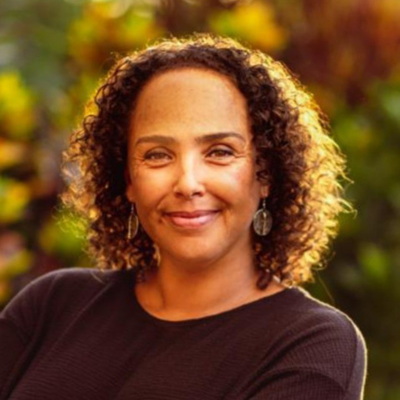Miriam is the lead facilitator for the WomenLift Heath East Africa journey. She is a content designer and facilitator, she focuses on topics of leadership, inclusion, self-awareness building, team effectiveness and dialogue. She has founded and contributes to various programmes in women’s leadership enhancement internationally. For over 25 years, Miriam has contributed to learning opportunities for professionals in the public and private sector. She has worked with clients in the fields of peace enhancement, governance, global health systems, community resilience and human rights with individuals associated with national ministries, international organizations, foundations, NGOs, civil society and international corporations. Miriam works in multicultural, multinational, and multilingual environments across four continents with individuals of varying educational and professional backgrounds, and in various positions of hierarchies. A proud mother of two young men, Miriam was raised in Djibouti, is Somali-American and Swiss. She is fluent in English and French, and proficient in Spanish.
Find her on LinkedIn and X (Twitter)

